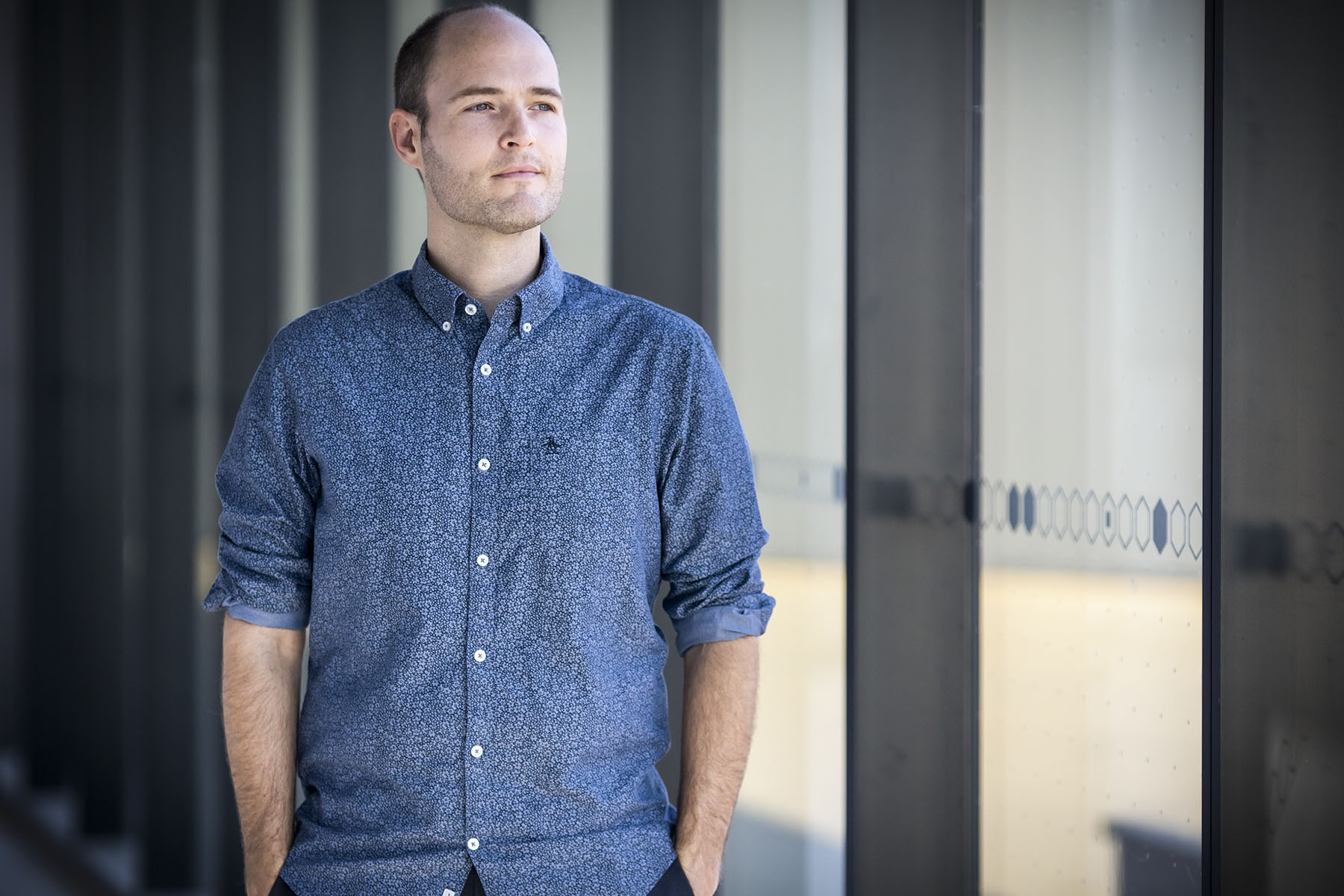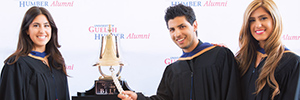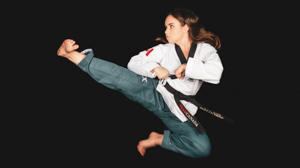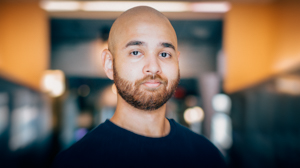- Future Students
- Current Students
- Faculty
- Staff
- Alumni
- Others
UofGH Kinesiology student presents research at Nunavut recreation conference
University of Guelph-Humber Kinesiology student Jeffrey Vdovjak recently had the opportunity to make a presentation at the Recreation and Parks Association of Nunavut’s seventh annual conference in Iqaluit.
Vdovjak accompanied UofGH Kinesiology instructor Dr. Leila Kelleher on the trip, which was supported by the Kinesiology program and the University of Guelph-Humber’s Research Grant Fund. There, Vdovjak addressed an audience of delegates representing community recreation programs from across Canada on how to use social media to better engage their communities and create awareness of their recreational programming. He also took in presentations that detailed how to secure funding for recreation programs and how to write grant proposals.

Aside from the learning opportunities presented, Vdovjak was also happy to connect with recreation officials from communities drastically different than his own, and to see a part of the country he never imagined he would.
“For me, it was a great opportunity to chat with people who live in vastly different environments from me. That was really interesting,” he said. “My dad loves the North – he’s always wanted to go – so he was a little jealous.
“It was awesome. It’s very barren, almost no plant life, just rock. It appears at first to be inhospitable, but it’s very connected, so you’ll walk down the street and strangers say hello to you. It was a really cool experience.”
Vdovjak also saw first-hand some of the challenges of travelling in Canada’s North. His flight left from Ottawa before some heavy cloud cover in Nunavut made it necessary to land back in northern Quebec before trying again in Nunavut.
Vdovjak, however, has some experience navigating non-linear pathways.
The road to UofGH
Vdovjak came to the University of Guelph-Humber as a mature student. His first experience with post-secondary education, years ago, was not a positive one. He had been going through a hard time in his personal life and he ultimately dropped out of University.
Outside of school, Vdovjak still looked for opportunities to learn and give back.
He spent a year in Ecuador volunteering at an orphanage. There, he taught English and computers, helping students to understand the technical components and how the machinery operated. He also spent more than six months living in Haiti, working as a foreman for a medical dormitory for visiting physicians, EMTs and nurses.
“That was a lot of fun,” he recalled.
Vdovjak always harboured ambitions to return to post-secondary education. He applied to Humber College’s Fitness and Health Promotion program with plans to eventually attend the University of Guelph-Humber through UofGH’s college block credit transfer pathways, which would allow him to eventually get the University degree he had long coveted.
After the initial transition period, Vdovjak was surprised how comfortable he felt in the post-secondary environment.
“I just jumped in,” he recalled. “Most of my college peers were 10-15 years younger, so I was the oldest one in class. But you work on stuff, you get to know people, and it’s fine.
“I’ve quite enjoyed returning to school later.”
A career in helping people
After graduating from UofGH, Vdovjak has plans to eventually pursue a Master’s degree in family counselling. He’s motivated by the same desire to make a difference that led him to Ecuador and Haiti those years ago, one that stems from his own experiences with adversity.
“I’ve always wanted to help people. I think counselling is an important thing that’s overlooked abroad. And it has to do with my personal experience,” he reflected.
“I grew up kind of poor, and then coming out in a Christian environment at home, there are resources I didn’t have access to that would have been nice. Mental health is a huge thing for me, having spent a couple years struggling with depression, so it just seems like a natural fit and something I would enjoy.”
Research is something else that Vdovjak has come to appreciate. He has spent time assisting Kinesiology Program Head Dr. Leslie Auger on her research looking into whether mood, energy and stress influence students’ decisions to participate in physical activity.
He estimates that he read up to 50 academic research papers per year even before he attended the University of Guelph-Humber. When he decided to take the Kinesiology program’s two-semester thesis course in his fourth year, he still wasn’t sure what to expect.
“Now, I’m extremely glad I did,” he reflected. “Even if I don’t pursue a Master’s, I will continue to do research beyond my undergrad.”







